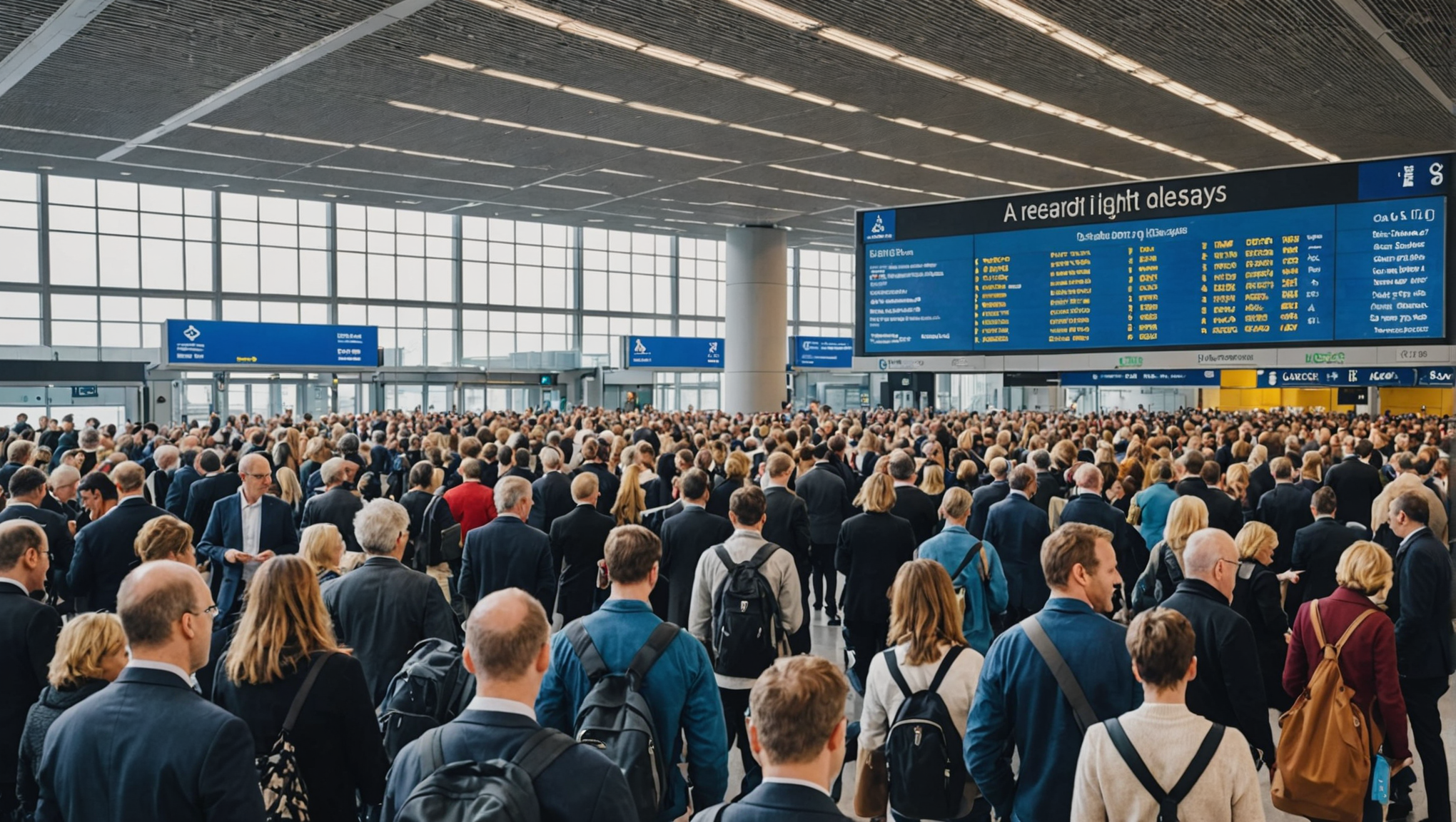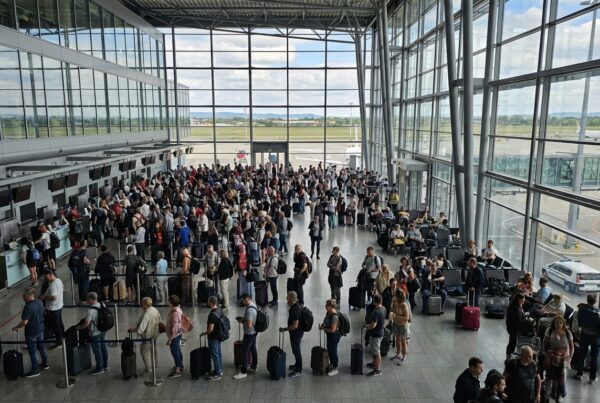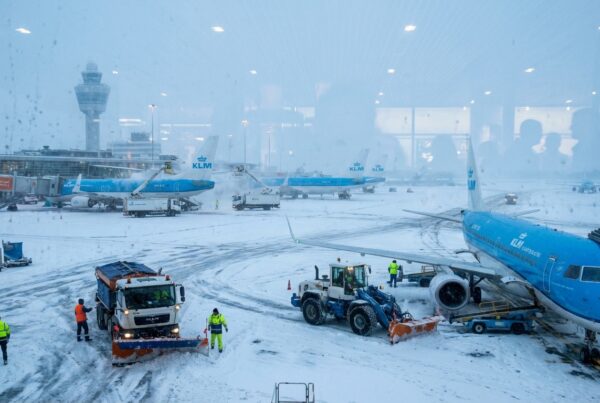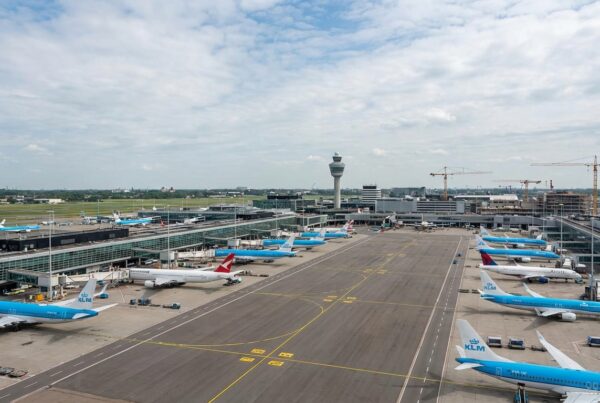In 2023, Europe's airline industry experienced a year marked by a record number of flight delays. Passengers faced major disruptions, impacting their travel plans and experience. This unprecedented situation highlighted the challenges faced by airlines and regulatory authorities in ensuring smooth and punctual air travel.
Alarming figures for 2023

2023 marked an unprecedented turning point in the European aviation industry. The continent saw a significant increase in the number of delayed flights and cancelled. This situation caused inconvenience for thousands of passengers.
The main causes of delays
Several factors contributed to this difficult year for airlines:
- Strikes by air traffic controllers.
- Adverse weather conditions.
- Staff shortages at many airports.
Consequences for travellers
Flight delays and cancellations had a direct impact on travelers' lives. These disruptions have resulted in :
- Long waits at airports.
- Additional costs for passengers seeking alternative transport or accommodation.
- An overall deterioration in the travel experience.
Airlines most affected
Some airlines have been particularly hard hit by this situation. These include Brussels Airport recorded a record number of delays, testifying to the logistical challenges they faced.
Efforts to overcome the crisis
Faced with this situation, airlines and airports have tried to implement measures to minimize delays. These efforts include:
- Massive recruitment of additional staff.
- Improving airport infrastructure.
- Increased collaboration with weather services to better anticipate extreme conditions.
Outlook for the years ahead
Although 2023 was a difficult year, solutions are underway to improve the situation. The aviation industry hopes to reduce delays and provide a better experience for travellers in the years to come.
Key figures
| Aspect | Data |
| Total increase in delays | +30% |
| Average number of minutes delay per flight | 45 minutes |




